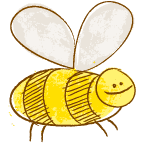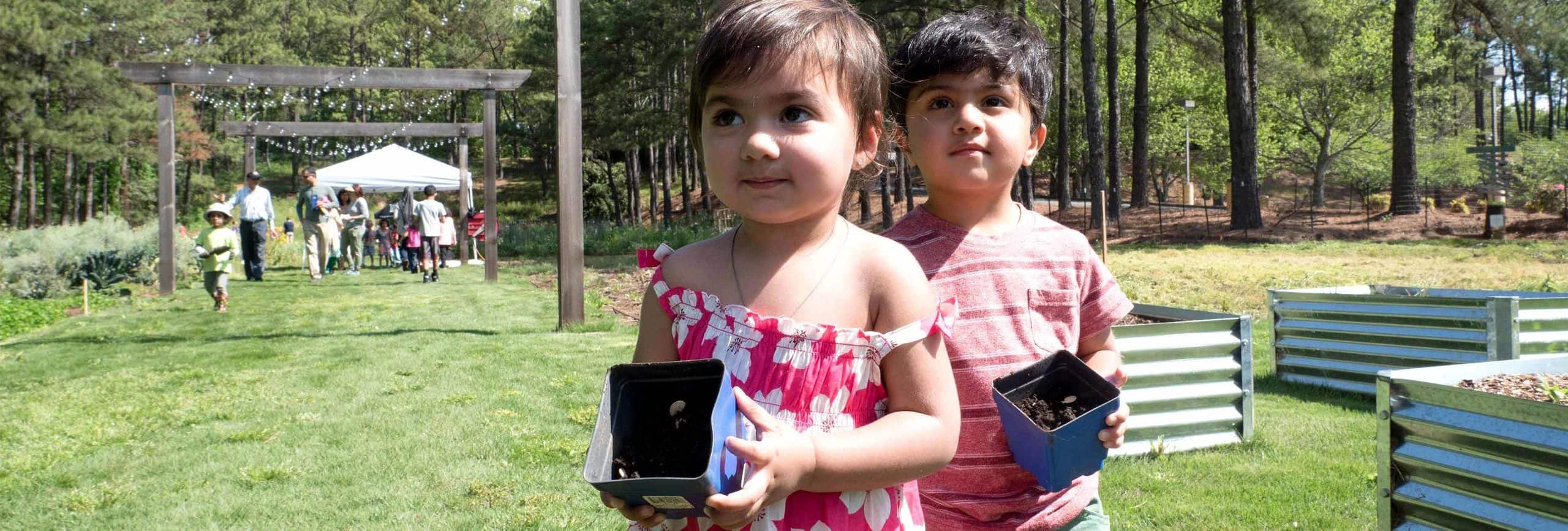KEEP IOWA BEAUTIFUL – DES MOINES, IOWA
“A Garden for Every School,” is a free, online, video-based training program for school garden planning through Keep Iowa Beautiful, a nonprofit that brings cultural and economic vitality to communities through improvement and enhancement projects. Ten short, easy-to-share videos on Teachers-Going-Green.com provide step-by-step training on how to plan and build a garden, from assembling a team to asset-mapping. A downloadable school garden-planning guide is also available. The videos and planning guides can be revisited and updated annually as an ongoing resource for school gardens.
2018 Update: There are now ten videos that can inspire and support schools everywhere to start and succeed with a school garden: https://keepiowabeautiful.org/programming/a-garden-for-every-school/



